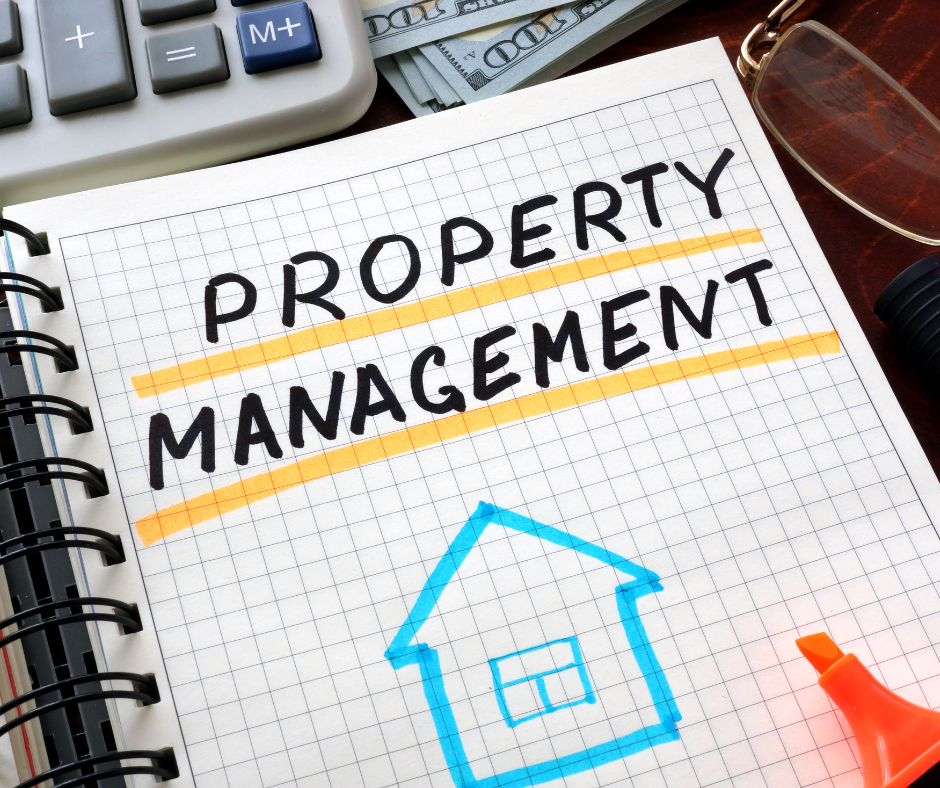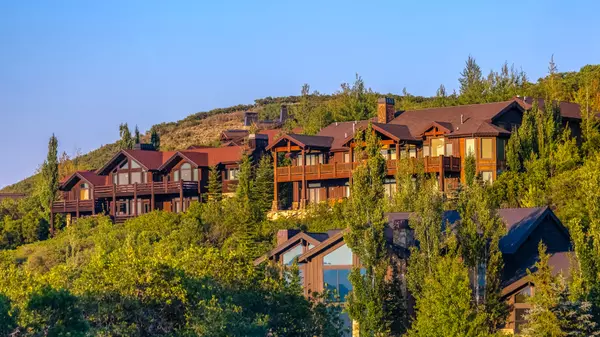
How to Avoid Legal Issues as a Utah Landlord
Renting out property in Utah comes with legal obligations and responsibilities that landlords must fulfill. To ensure a successful and trouble-free experience as a landlord, it is important to understand and comply with Utah's landlord-tenant laws. By following these guidelines, you can minimize th

The Pros and Cons of Short-Term Rentals in Utah
Thanks to the state's booming tourism industry, short-term rentals are becoming increasingly popular in Utah. However, before investing in a short-term rental property, buyers need to consider both the pros and cons. Here are a few things to keep in mind. Pros: 1. Extra Income: One of the biggest a

10 Tips for Managing Your Utah Rental Property Successfully
Owning a rental property can be a rewarding investment, but it also comes with its challenges. To ensure that your Utah rental property is managed successfully, there are several key tips and strategies to keep in mind. In this article, we will provide you with 10 essential tips that can help you e
Categories
Recent Posts










